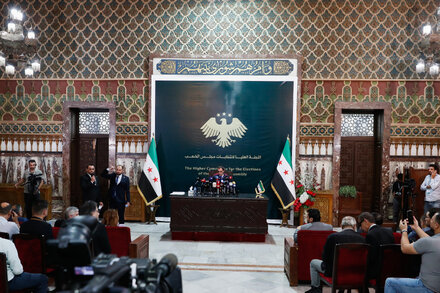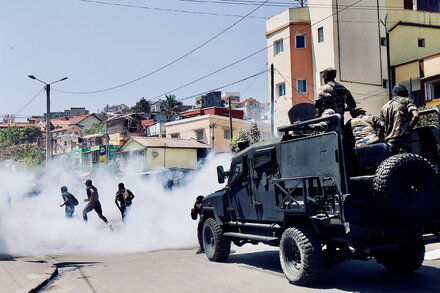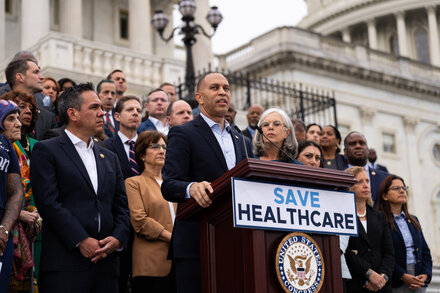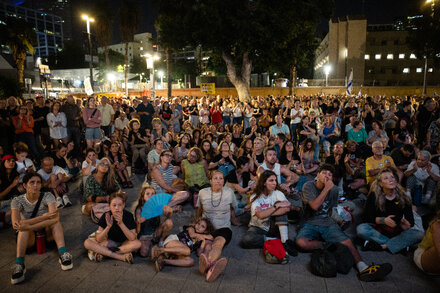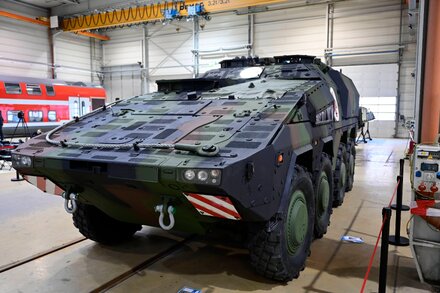
In a profound shift reflecting changing geopolitical realities, communities across Germany’s eastern states, a region historically marked by economic challenges and a nuanced view of military engagement, are increasingly viewing renewed defense spending and the presence of military infrastructure, including tank production, as a pragmatic necessity. This evolving perspective underscores a complex interplay of deep-seated security concerns stemming from the ongoing conflict in Ukraine and a reluctant acceptance of military investment as a safeguard against a perceived greater threat.
For decades following German reunification in 1990, the former East Germany grappled with significant economic restructuring, high unemployment rates, and a sense of being left behind. This history fostered a unique political landscape, often characterized by skepticism towards traditional Western alliances and a strong desire for peace dividends to fund civilian development rather than military expansion. However, the full-scale invasion of Ukraine by Russia in February 2022 drastically altered strategic calculations across Europe, prompting Germany to embark on a historic rearmament program known as the ‘Zeitenwende’ (turning point).
Geopolitical Imperatives Redefine Local Priorities
Chancellor Olaf Scholz’s announcement of a €100 billion special fund for the Bundeswehr and a commitment to exceed NATO’s 2% of GDP defense spending target marked a departure from Germany’s post-Cold War foreign policy. This pivot, driven by the realization of a direct military threat on Europe’s eastern flank, has reverberated throughout the country, but perhaps most acutely in the east due to its geographic proximity to the conflict zone and its historical ties to the Soviet bloc.
While the initial reaction in some quarters was one of apprehension, opinion polls and local discussions suggest a growing, albeit often grudging, acceptance of the need for robust defense. The sentiment is encapsulated by the idea that military investment, even in weapons like tanks, represents the “lesser of two evils.” The ‘first evil’ is the considerable financial outlay and the potential for a return to militarism, aspects that historically cause discomfort. The ‘greater evil,’ however, is perceived as vulnerability to aggression, economic destabilization caused by conflict, and the potential loss of sovereignty.
“No one here *wants* to see more tanks rolling through our towns, or our taxes going to defense instead of schools and hospitals,” remarked one resident of Görlitz, a town near the Polish border. “But what choice do we have when you see what’s happening in Ukraine? It’s about protecting our families, our future. It’s a bitter pill, but one we feel we must swallow.”
Beyond the immediate security imperative, some local leaders also acknowledge the potential for economic benefits. Defense contracts, including the maintenance and production of armored vehicles, could bring much-needed employment and investment to regions still struggling with structural economic challenges and demographic decline.
<p
